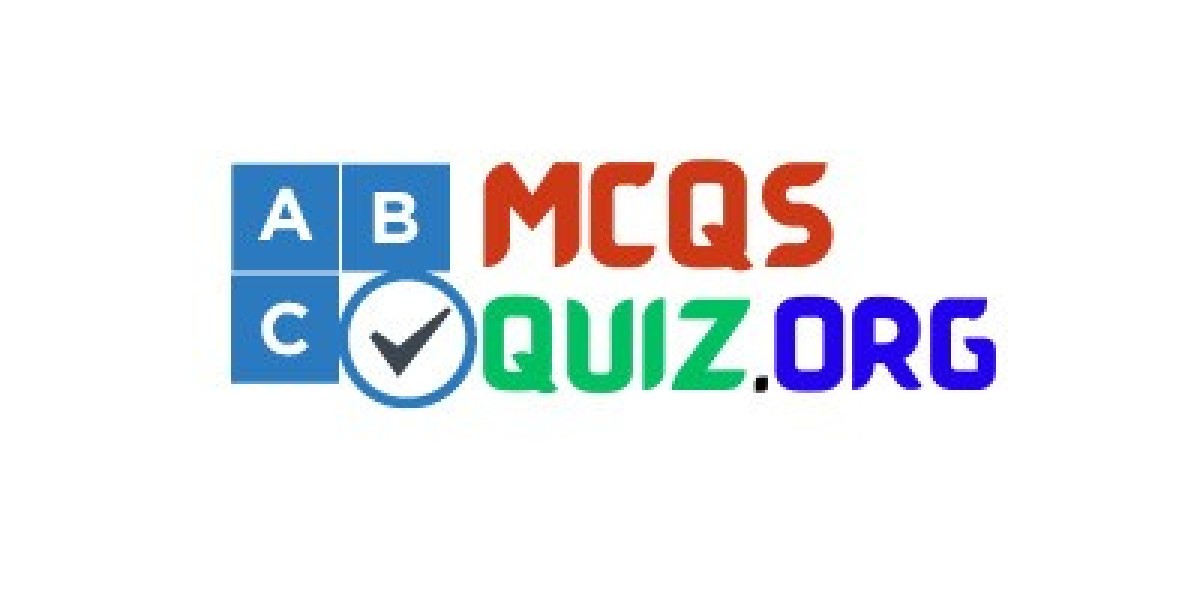Introduction
Verbal intelligence Test refers to the ability to analyze, understand, and utilize language effectively. It plays a crucial role in communication, problem-solving, and cognitive processes. This form of intelligence is essential not only in academic settings but also in everyday interactions. In this article, we will explore the concept of verbal intelligence, its significance, key assessments, and frequently asked questions.
What is Verbal Intelligence?
Verbal intelligence encompasses skills such as vocabulary, comprehension, reasoning, and the ability to express ideas clearly. It is often assessed through various tests that measure an individual's capacity to understand and manipulate language. This form of intelligence is closely linked to other cognitive abilities, influencing overall academic performance and social interactions.
Importance of Verbal Intelligence
- Academic Success: Verbal intelligence is a strong predictor of success in language-heavy subjects such as literature, history, and social sciences.
- Effective Communication: Individuals with high verbal intelligence can convey their thoughts more articulately, enhancing personal and professional relationships.
- Critical Thinking: Strong verbal skills are essential for analyzing arguments, constructing logical reasoning, and engaging in debates.
Key Assessments of Verbal Intelligence
Several standardized tests evaluate verbal intelligence, including:
- Wechsler Adult Intelligence Scale (WAIS): Measures various cognitive abilities, including verbal comprehension.
- Stanford-Binet Intelligence Scales: Assesses verbal reasoning as part of a comprehensive intelligence evaluation.
- Raven’s Progressive Matrices: Although primarily non-verbal, it can indirectly assess language processing through problem-solving scenarios.
Characteristics of High Verbal Intelligence
Individuals with high verbal intelligence typically exhibit:
- Extensive vocabulary
- Strong reading comprehension skills
- Proficiency in writing and storytelling
- Ability to engage in abstract thinking and reasoning
FAQs
1. How is verbal intelligence different from other forms of intelligence?
Verbal intelligence specifically focuses on language-related skills, while other forms, such as mathematical or spatial intelligence, pertain to numerical reasoning and visual-spatial understanding.
2. Can verbal intelligence be improved?
Yes, verbal intelligence can be enhanced through practices such as reading extensively, engaging in conversations, writing regularly, and studying new vocabulary.
3. Are there any careers that require high verbal intelligence?
Yes, professions such as teaching, law, journalism, and marketing typically demand strong verbal skills, as they rely heavily on effective communication.
4. How can I assess my verbal intelligence?
You can take standardized tests designed to measure verbal skills or engage in self-assessment through reading comprehension exercises and vocabulary quizzes.
Conclusion
Understanding verbal intelligence is essential for recognizing its impact on academic and personal success. By assessing and developing verbal skills, individuals can enhance their communication abilities, improve their critical thinking, and ultimately achieve their goals. Emphasizing the importance of language in our daily lives can foster a deeper appreciation for the nuances of communication and its role in shaping our experiences.








